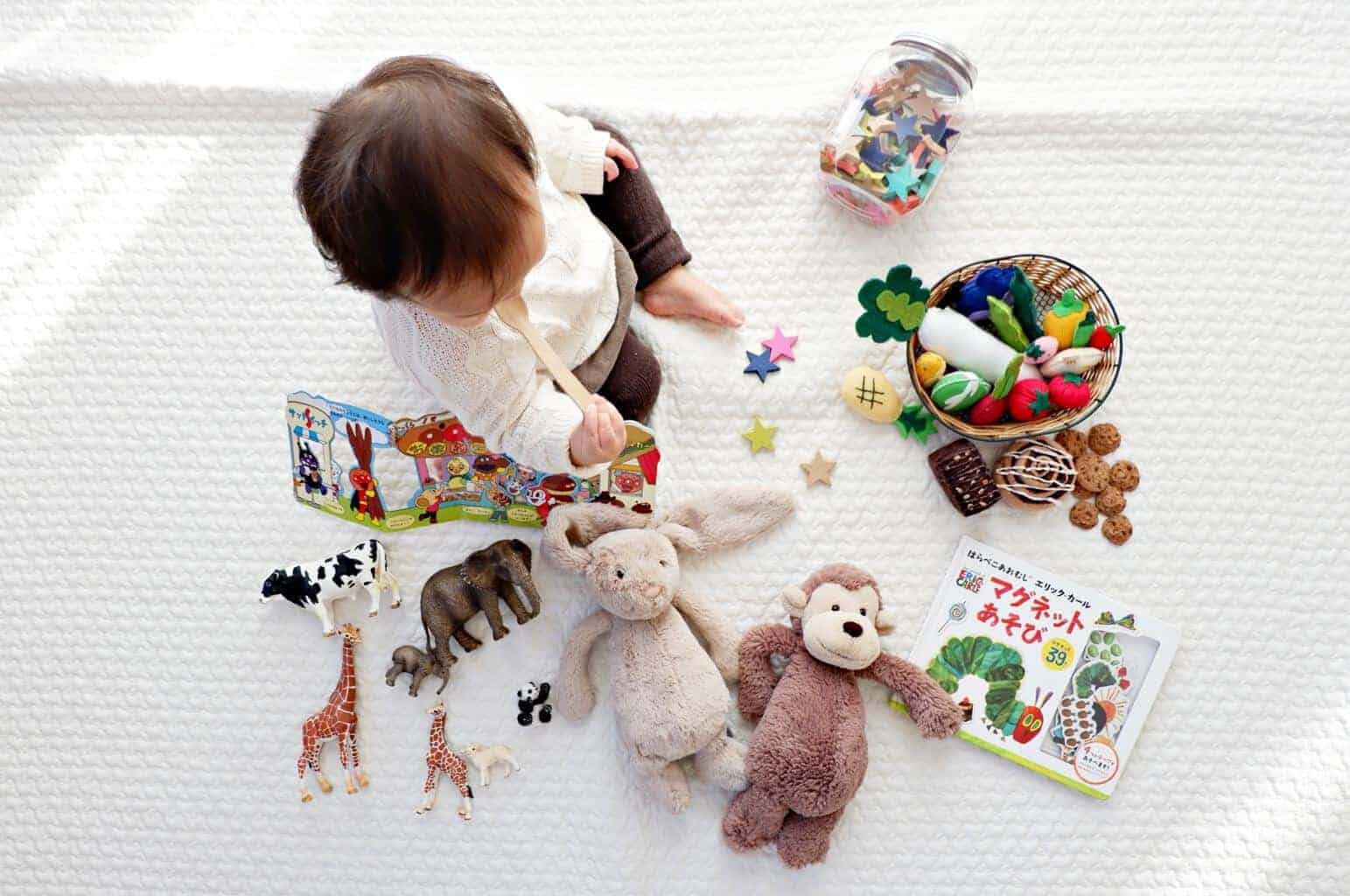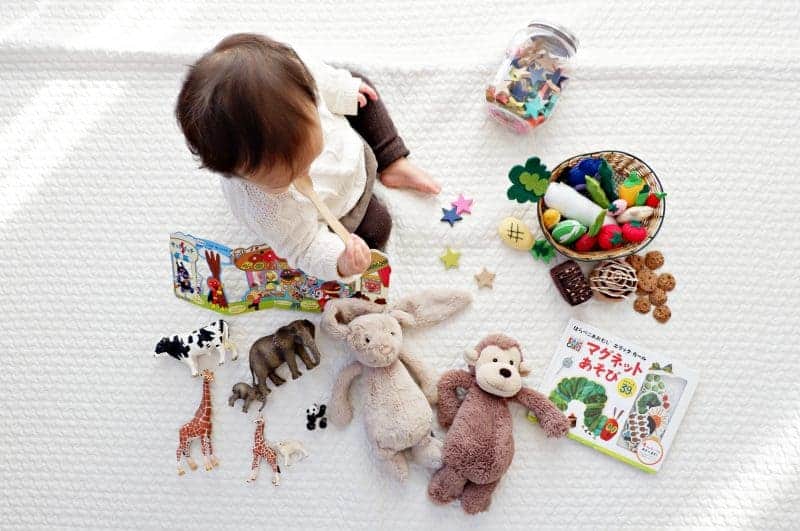Don’t worry; I haven’t gone mad. I’m not about to turn this into a master class on cookery – for the record; I hate cooking!!!
SPICES is the acronym used to describe the six areas of child development. As said previously, all children develop at different rates. Their stage of development is often judged merely on their size, age, and physical abilities, but actually, emotional and social development can be far lower. To help your child succeed, you need to set them achievable goals by not expecting them to perform at a level they haven’t yet learnt or reached.
It is important to ask for help or turn to professionals when you think it can be better for your child. The last S in SPICES stands for Spiritual development, which is as crucial for your child as the other aspects. As a parent, you might have some plan to teach your kid about religion and faith, but you can sometimes lose the discipline or prioritize the things that matter for you. In these cases, turning to a Children’s ministry can help your kid grow spiritually. In most cases, Children’s ministries have a childrens church curriculum specially organized to teach and show them the right path and guide them clearly and entertainingly. Each kid is different and has their own pace, so that the whole process may take time, but this is how kids are growing.

S – Social Development
This is linked to the way children communicate. For babies, this is obviously crying when they want or need something. From crying, they progress to “sign language” when they begin pointing at what they want or raising both arms when they want you to pick them up. The last stage is verbal communication when they learn to speak. Social development also includes building relationships – so the first relationships they build must be positive ones so that they have an example to look to for future relationships.
To enable our children to develop and grow, we need to teach and help them learn new skills. Those of you with young toddlers will know (me in particular) that “sharing” does not come naturally. They believe that every toy is “theirs” and there is no need to share it. It is our job to teach them to share through repetition. My friends and I take it in turns to have play dates at each other’s houses so that our girls get used to playing with other children’s toys and, likewise, allowing other children to play with their toys. Granted, there is plenty of pushing, shoving, and crying at the moment, but they get there in the end.
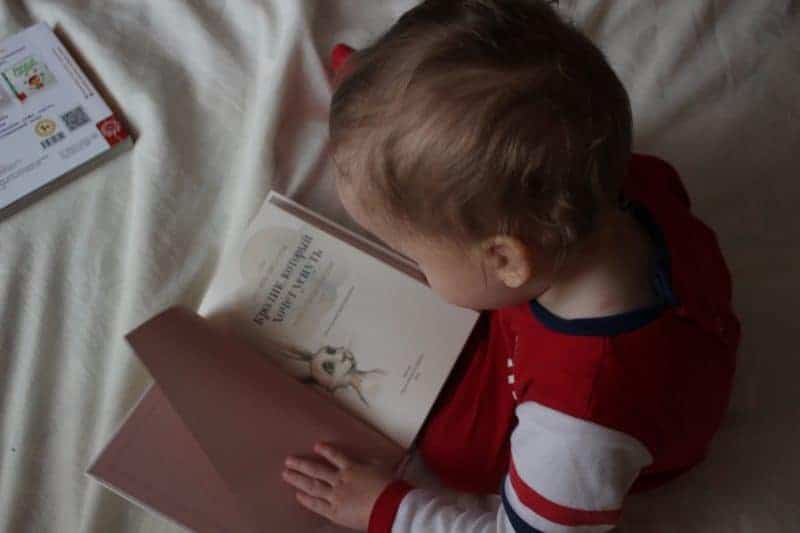
When reading bedtime stories, Baby Bean likes to have the same 3 books every night (she actually has about 50 books). For hubby and me, this is very monotonous, and occasionally we try to stray a little and introduce a new book, but then Baby Bean feels cheated. This is because the repetition of the same books and rhymes gives Baby Bean a strong sense of familiarity, achievement, and security.
P – Physical Development
You wouldn’t expect a newborn baby to get up and start walking the minute they were born; why? Because it takes months and years for children to learn this. Parents need to ensure that their children eat the right food, play and get the right amount of stimulation and sleep to promote physical development. Children who spend all day in a pushchair are more likely to develop slower due to lack of stimulation. Try to get them out and about and keep changing their surroundings. Give them new goals to aim for.
When Baby Bean was a tiny baby, I moved from room to room throughout the day, so she had new things to look at. We would go for lots of walks to get both of us fresh air and give her new things to look at. Change their positions too, lay babies on their tummy to encourage them to strengthen their neck. Let them lay on a play mat under a baby gym and watch as they wriggle their way to the toy that catches their attention. Use baby bouncers to give them an elevated view; it’s surprising just how different the world looks from this angle when you spend the majority of your time laying on your back!!
I – Intellectual Development
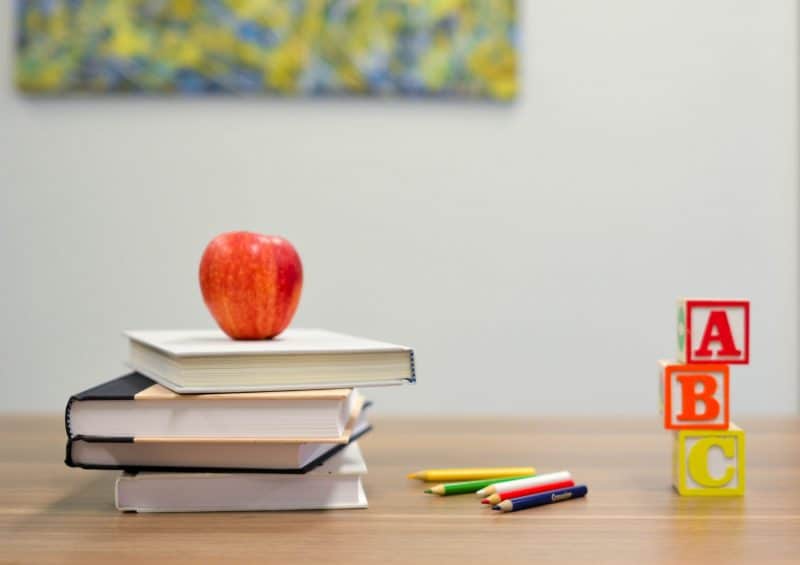
From the moment a child is born, they begin to develop intellectually by reacting to the things around them. Don’t put too much pressure on yourself or your child to learn too quickly, though. Don’t expect too much, and DON’T COMPARE your child with others; every child is different and develops at different rates. As long as you love and nurture your child and give them lots of opportunities to play, they will develop at their own pace. Baby Bean started crawling before all her friends of the same age, but she was only second to walk and was right at the back of the queue for eating.
She has less vocabulary than some of her friends, but she is a “do-er” who will happily build towers with her blocks or feed her baby. When I say “bedtime”, she tidies her toys away without being asked!! Just accept that if they were, all the same, it would be very boring; love your child for being just that! Yours and yours alone!!
C – Cultural Development
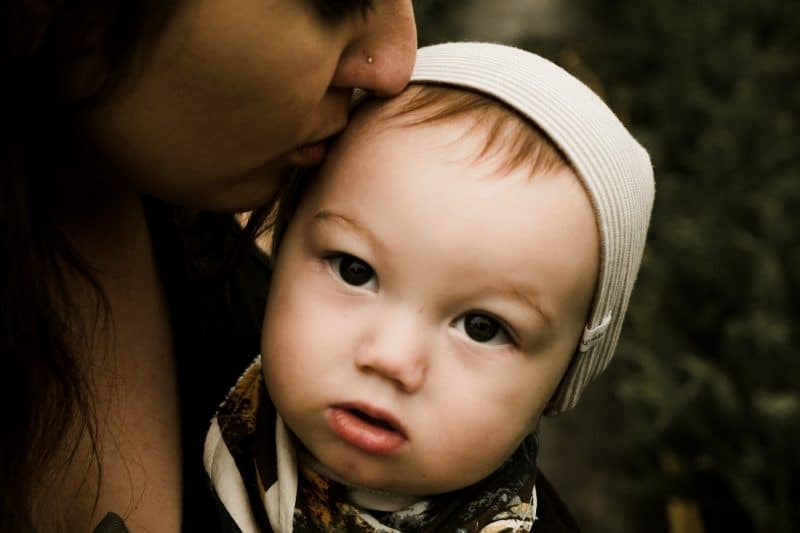
This area is linked to your family values and beliefs. Our children learn by watching us and the things we do. If we are kind to others, give kisses and cuddles. What about dealing with conflict? Shouting, swearing, sulking – these are all things that your child will learn from you.
E – Emotional Development

Baby Bean started growling if I took something away from her or told her to stop doing something. I couldn’t understand where this growling came from until one day when walking down the street, hubby tripped me up (by mistake, he says!), and I growled at him! In that instant, I realised it was me, I hadn’t even noticed that I did it, but now I make a conscious effort not to growl when things don’t go my way, and thankfully Baby Bean has also stopped!
Take a close look at yourself and decide if there is anything you do that you wouldn’t be happy for your child to do; perhaps it’s time to start making a change!! Perhaps you try to hide your feelings? This can be just as destructive; you need to allow your children to express their feelings and help them to understand them.
When things are going well and we are happy with our lives, we react more rationally to our emotions. But when things are more stressful, we will sometimes tell our children off for something which wasn’t really their fault – childish irresponsibility (spilling a drink by mistake). Doing this can damage their emotional development, and in doing so, they are likely to react how you might when it feels like everything is going wrong. Let them express their feelings, don’t force them to keep their feelings inside – this can lead to tantrums in the early stages and worse problems in later life!!
S – Spiritual Development
As children grow and experience new things, they form an opinion of themselves. This is built on how the people close to them react towards them. If they are told off for something wrong or when they really did do something by mistake, they begin to believe that they are always wrong. Self-esteem is so important to a child’s happiness and future success.
Children need every aspect of their development to be recognised and encouraged. If you tell your child that they aren’t capable of doing something, they will believe you and fail before they start. But if you tell your child that they are capable of anything if they put their mind to it, they will have self-belief and try their hardest. This doesn’t mean they will set themselves up for a fall, but if you don’t believe in them, who else will?
For a great explanation, please follow this link – SPICES.
Why do children need clear rules and boundaries?
Children will always try to push the boundaries to see if we really mean what we are saying – it is our jobs as adults to consistently reinforce the rules we have set in a caring and confident manner to feel safe and secure.
When an adult doesn’t control when children are “testing” us, they will continue pushing and pushing until they spiral out of control.
In our house, we have “House Rules” laid out by my Stepson, Hubby and myself. It’s quite an amusing task because if you ask the children to write the rules, they will actually be much harsher than you would. Our House Rules are as follows:-
Rules for Children (though Baby Bean is too young for most of them at the moment)
- No backchatting
- Always eat nicely remembering table manners
- Make bed
- Do things “first time” when asked
- Tidy all toys away before bed
Rules for Parents
- No arguing
- Tell children off when naughty (Daddy!)
- Spend more time as a family
- No smacking
- No shouting
- Praise good behaviour
Ways to Praise

Ignoring bad behaviour and praising good is one of the best tried and tested means of combatting undesirable actions from our children. But do we know how to praise? For some parents, this comes easily; for others, it takes some practice. When I attended parenting classes and was told to increase the praise for Curly, I found it difficult. It didn’t feel like a natural process, and I actually felt like I was coming across as patronising. The more I have used praise – the more natural it feels and sounds.
Praise doesn’t have to be just “good girl” or “good boy”, though – we’re not talking to dogs after all!! Below you might find some useful methods to try, give them a go and see which you feel most comfortable with.
Non-Verbal Praise
- a smile
- a nod
- a wink
- a thumbs up
- a high/low five
- a pat on the back
- a sticker or special badge
- a prize or reward like getting to choose the next game
- a star or merit chart
- getting to pick first, next – this empowers them to give them the opportunity to make a decision for them and others
- being allowed to operate the controls (e.g. remote) – as above
- leading a line or bring up the rear – again this makes them feel important and special, gives them confidence
- being the leaders special assistant for a task – as above
- being asked to show someone else how to do it – as above
- starting a talk time activity
- a certificate – “Cleanest Bedroom”, “Best Helper” – you could draw one, make one on the computer, even download them from the internet
- being allowed to sit next to/hold the leaders hand for an activity
- helping with the props at storytime
Verbal Praise
- great stuff
- thank you for doing that so well
- you’re a star
- with people like you around, it makes like so much easier/happier
- I’m really impressed
- we all think you’re great at . . . .
- I had every confidence that you could do it
- I don’t know if I could have done that – tell me again how you did it
- you should be so pleased with yourself for doing . . . .

